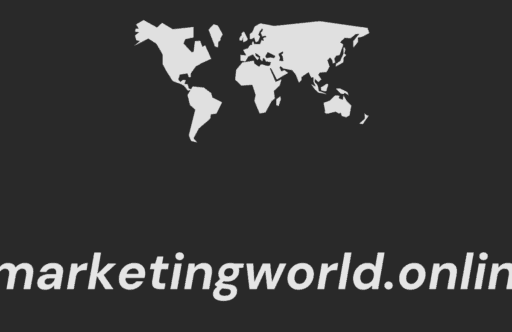For over twenty years, Google has been the undisputed chief in search, shaping how billions of individuals entry info. However now, instruments like ChatGPT and different massive language fashions (LLMs) are rewriting the principles of search and SEO, offering new ways for users to find answers and for businesses to connect with their audiences.
Could these AI-driven tools dethrone the search giant Google? While the idea may have seemed far-fetched a few years ago, recent data suggests that the growth of AI-powered search is accelerating—and it’s impossible to ignore. In this post, we’ll explore ChatGPT’s potential market share, the evolution of search engines, how AI tools are reshaping search behavior, and what this means for businesses and SEO professionals navigating this new terrain.
Let’s dive in and uncover whether these emerging technologies are an opportunity, a challenge, or both.
ChatGPT’s Market Share
For the final 24 years, Google search has reigned because the undisputed king of search. However might the rise of AI instruments like ChatGPT lastly problem this dominant search engine?
According to data from Rand Fishkin of Spark Toro, ChatGPT could theoretically hold 4.33% of the current search market share as of October 2024. While this number is significant, it’s important to note that we don’t have specific search data for chat platforms. This estimate combines all LLM searches, placing them on par with traditional search.
Though small compared to Google’s massive market share, Marcus Tober from SEMrush highlights a 13% growth in chat models based on Spark Toro’s data. At this rate, ChatGPT search could rival Google’s within four years.
Search Engine Evolution
This isn’t the first time we’ve seen such disruption in search. Remember Yahoo? It dominated in 1996 but lost its reign to Google by 2000, just four years after Google’s inception.
Fast forward to 2024, ChatGPT is emerging as a potential disruptor. It’s not just competing; it’s driving an evolution in search behavior and reshaping how users seek information.
Will tools like ChatGPT and other large language models replace traditional search queries? Maybe. But they’ve already fundamentally changed how users access information, and integrating these tools into everyday life has shifted behavior.
Studies by Markus Tober from SEMrush reveal an overlap between large language models and traditional search:
- Perplexity shares 46% overlap with Google’s top 10 results and 32% with Bing’s top results.
- ChatGPT-4 has a 69% overlap with Bing’s top 10 results and 48% with Google’s.
- 72% of Google’s rankings appear in Perplexity results.
This data suggests that strong SEO practices for ranking on Google translate well to AI-powered search engines and chat platforms.
Implications for Businesses
Businesses must adapt by optimizing for multiple platforms while maintaining strong rankings on Google. Tools like ChatGPT aren’t just a competitive threat—they’re shaping the future of search.
To stay ahead, businesses need to:
- Adopt a multi-platform strategy to meet users wherever they are.
- Maintain Strong Google Rankings
- Adapt Content for AI Consumption
- Monitor Emerging AI Tools
Key Takeaways
ChatGPT and AI tools are changing search and growing market share at an impressive rate. While there’s a strong overlap between tools using artificial intelligence and traditional search results, businesses must adapt strategies to optimize for both.
- Rapid AI Growth – ChatGPT’s market share is increasing at an impressive rate.
- Search Overlap – There is a strong correlation between AI results and traditional search rankings.
- Adapt Strategies – Businesses must optimize for AI and traditional search platforms.
The rise of ChatGPT and large language models is reshaping search. Businesses that adapt by optimizing for both traditional and AI-driven search platforms will be well-positioned to thrive in this ecosystem. By leveraging multiple platforms, businesses can walk with their users throughout the entire search process. Contact us today to explore how we can help your business stand out on Google and emerging AI platforms. And again, as always, happy marketing.

